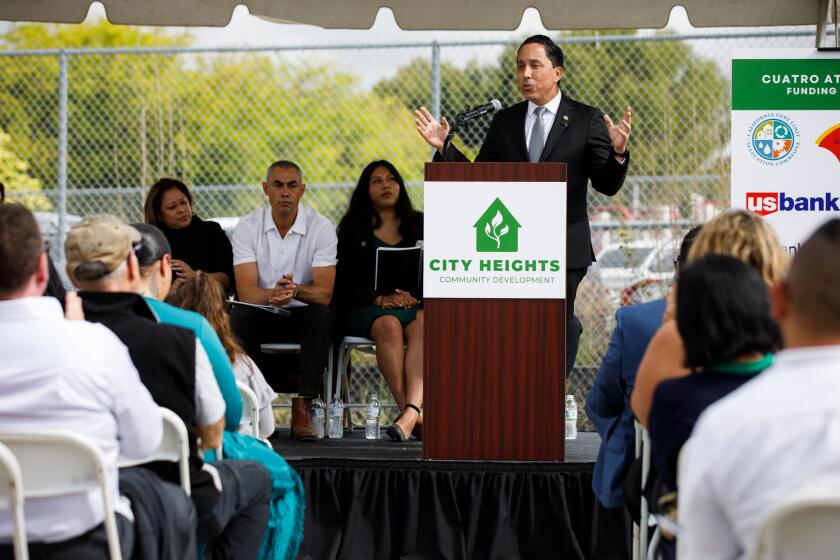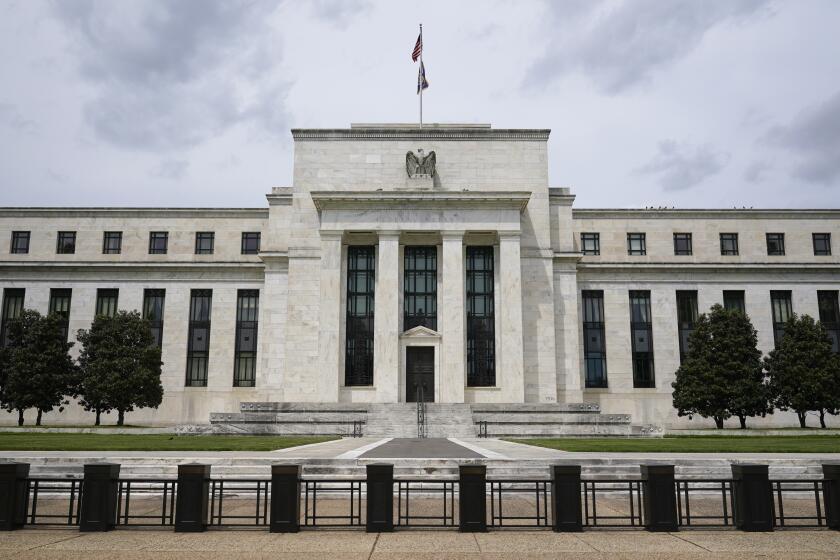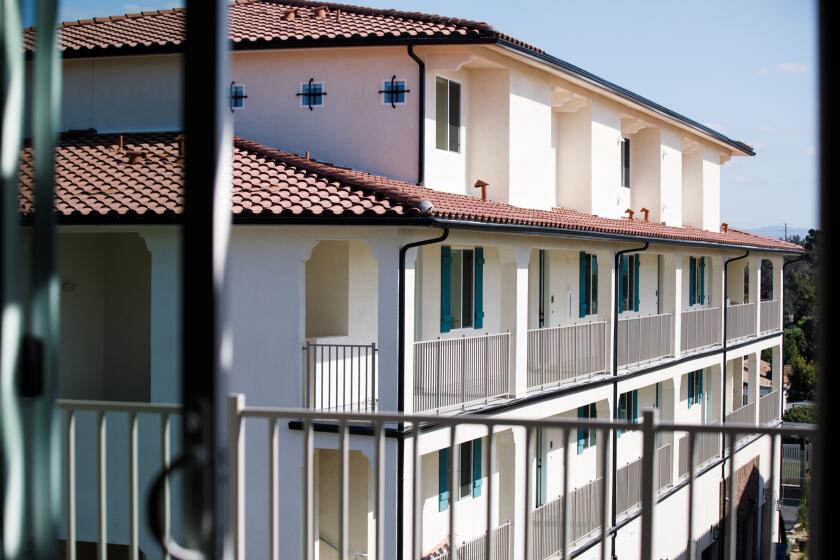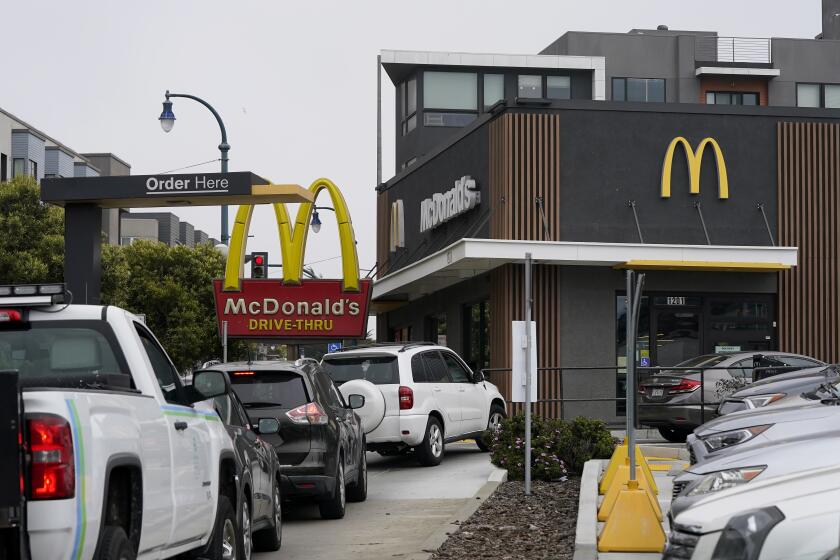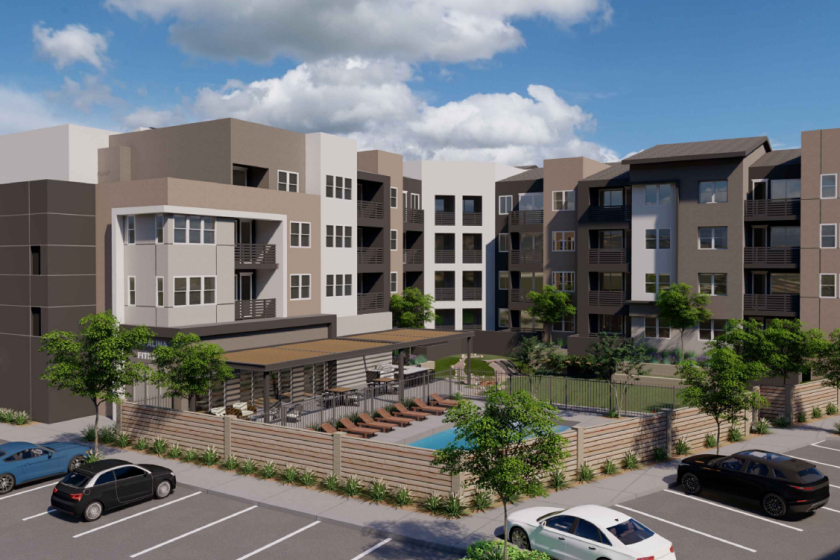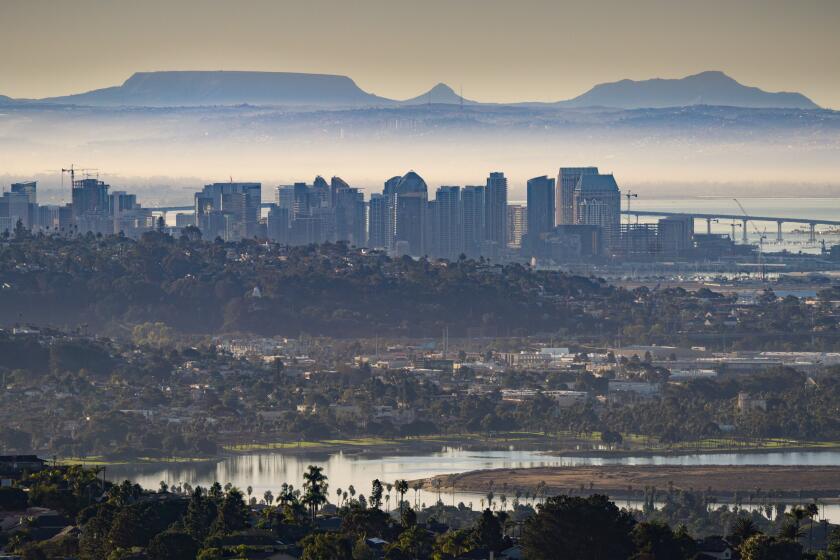Will a slowdown in refugees hurt San Diego County’s economy?
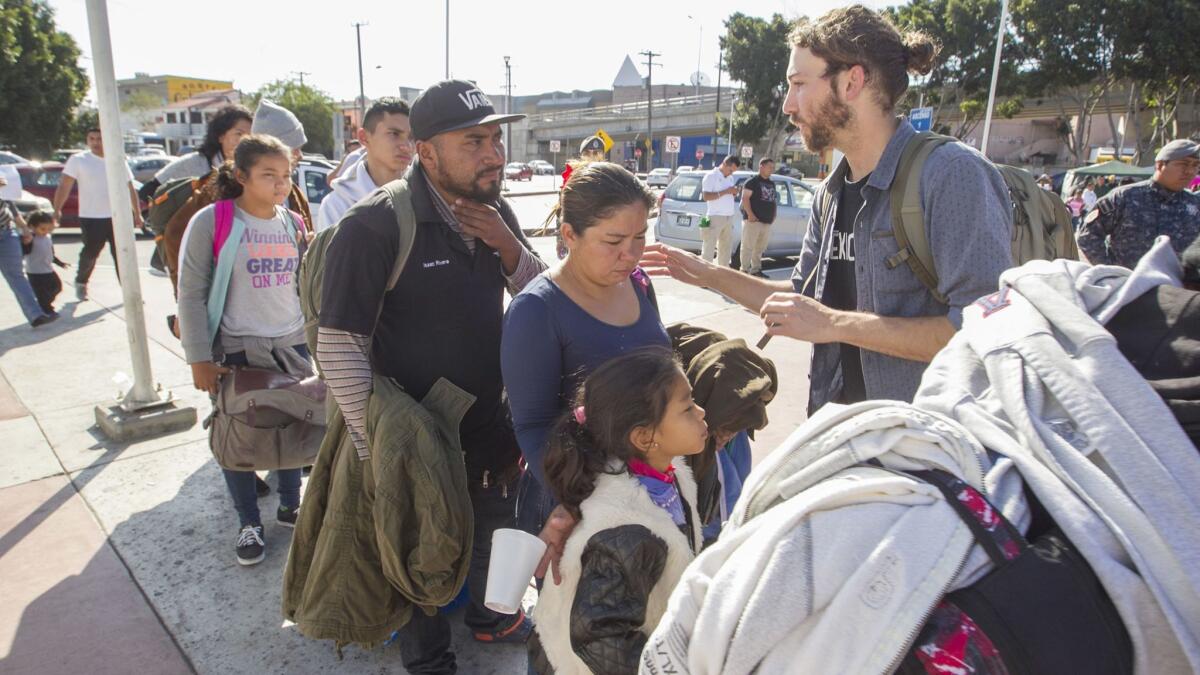
A recent report from the International Rescue Committee, a resettlement agency with offices in the San Diego, said it has seen the number of refugees dip to its lowest since it began in 1980. The report said industries like hospitality, manufacturing and meatpacking are facing labor shortages because of the slowdown in refugees.
Question: Will a slowdown in refugees hurt San Diego County’s economy?
Phil Blair, Manpower
NO: Employers fundamentally understand the value of hardworking people who are trying to make it here in America. Particularly now, at incredibly low unemployment, many small businesses will be struggling to adjust their business model to employ fewer people. In the long run, we know from study after study, that a diverse workforce results in higher productivity. In addition to our legal refugees we have a diverse population in San Diego now that needs our focus to skill them up for the many jobs that are currently open. These two initiatives, legal refugees and training should meet our current needs. And continue my favorite economic experiment of all time – we call it America.
Kelly Cunningham, San Diego Institute for Economic Research
NO: Refugee numbers, an important subset of immigration, are not large enough to majorly impact San Diego’s 3.3 million residents and 1.6 million labor force. Immigration overall, however, significantly drives population dynamics. If not for foreign migration, San Diego’s population would shrink. Domestic migration remains negative as more residents move away than come from other parts of the U.S. As birth rates among residents continue to falter, immigrants tend to be younger and have more babies.
David Ely, San Diego State University
NO: Refugees contribute to the local economy in multiple ways, such as meeting a need for workers, starting their own businesses, and being customers. However, data published by the State Department’s Refugee Processing Center show that the refugee arrivals in San Diego are relatively small when compared to the overall population and work force. The slowdown in refugee arrivals is unlikely to be sufficiently impactful to be widely felt throughout the local economy.
Gina Champion-Cain, American National Investments
NO: Refugees as a subset of all immigrants are a very small group having no material impact on the San Diego economy. However, faced with effective full employment conditions, a substantial reduction of all immigrant inflow streams would be of great economic concern. Growth cannot be achieved through productivity gains alone. The economy requires a continuous supply of labor, the source of which has been increasingly fulfilled by immigrant inflow.
Alan Gin, University of San Diego
YES: But the impact will probably not be large. Because of the importance of tourism to San Diego, there are a lot of jobs in the leisure and hospitality area. With the unemployment rate now below 3 percent, the labor market is really tight, and hotels and restaurants are having difficulty finding workers to take the available jobs. Those types of jobs were good for refugees who were adjusting to life in the U.S., and a slowdown would reduce that source of labor.
James Hamilton, UC San Diego
NO: Fewer immigrants means a tighter labor market and that will hurt businesses that are trying to hire. But it also means more bargaining power for those who are already here and looking for work that will help current San Diego residents to get better jobs at higher pay. The most important economic impact is on the refugees themselves, who could be enormously better off if they were able to live and work here.
Gary London, London Group of Realty Advisors
YES: Migration and unimpeded border crossing are absolutely critical to our economy, and refugees are part of that. The tourism industry, in particular, probably would not thrive at the scale in which in does if not for our proximity to Mexico, as that sector supports many Mexicans who cross daily to work here. That is also true of many other sectors important to our local economy. Migration has declined. Crossing the border is time consuming. These pose very real threats to San Diego’s current economic model.
Norm Miller, University of San Diego
YES: It’s not just illegals who work in hot fields, or on hot roofs or those that change bed sheets. It’s also legal immigrants who are dissuaded. There is a strong correlation between the degree of welcoming in our immigration policies and legal applications among those willing to take the jobs U.S. citizens do not want. Graduate school applications are also way down and this will affect our future supply of doctors, professors and tech workers.
Jamie Moraga, IntelliSolutions
NO: The main economic drivers for our county are the military/defense, biotech/innovation, and tourism industries. While some industries like hospitality and manufacturing may face a shortage of workers due to this slowdown, it shouldn’t hurt our overall local economy. According to the San Diego Military Advisory Council, the military sector generates one out of every five jobs in San Diego County.
Austin Neudecker, Rev
YES: We are seeing an increased strain on social services (especially medical) with baby boomers retiring. Our continued prosperity depends on an injection of new, eager taxpayers, like our relatives before us. More importantly, we have a moral obligation to invite our share of global refugees to live here (fleeing for their safety, especially from countries we helped mess up). We should warmly welcome refugees into our society and work to help make their economic impact positive.
Bob Rauch, R.A. Rauch & Associates
Not participating this week.
Lynn Reaser, Point Loma Nazarene University
YES: San Diego companies are struggling to find workers for open positions now that the unemployment rate has dropped to only around 3 percent. With more San Diegans leaving the region for other parts of California or other states, foreign immigration represents a critical source of labor. Refugees represent only about 15 percent of total foreign immigrants into San Diego but are part of the picture. A significant drop in the region’s total net foreign immigration would curb our economic potential.
John Sarkisian, Motion Ventures
NO: A crisis has been created by a lack of leadership at the national level around a comprehensive immigration policy. Despite the high profile stories demonstrating the human effects on individuals and families the dearth of refugees will not affect our economy. Refugees make up a small portion of immigrants to the US. If you include all immigrants then there will be some effect on our economy.
Chris Van Gorder, Scripps Health
YES: Perhaps. But fortunately for San Diego, we have many hospitality and even hospital employees who cross the border every day to legally take on many jobs in this region. In fact, there are special employer-paid health insurance products designed for these employees who work in San Diego but whose families live in Mexico. Because of this cross-border capability, San Diego might fair better than other communities in the United States.
Have an idea for an EconoMeter question? Email me at phillip.molnar@sduniontribune.com.
Follow me on Twitter: @PhillipMolnar
Get U-T Business in your inbox on Mondays
Get ready for your week with the week’s top business stories from San Diego and California, in your inbox Monday mornings.
You may occasionally receive promotional content from the San Diego Union-Tribune.

